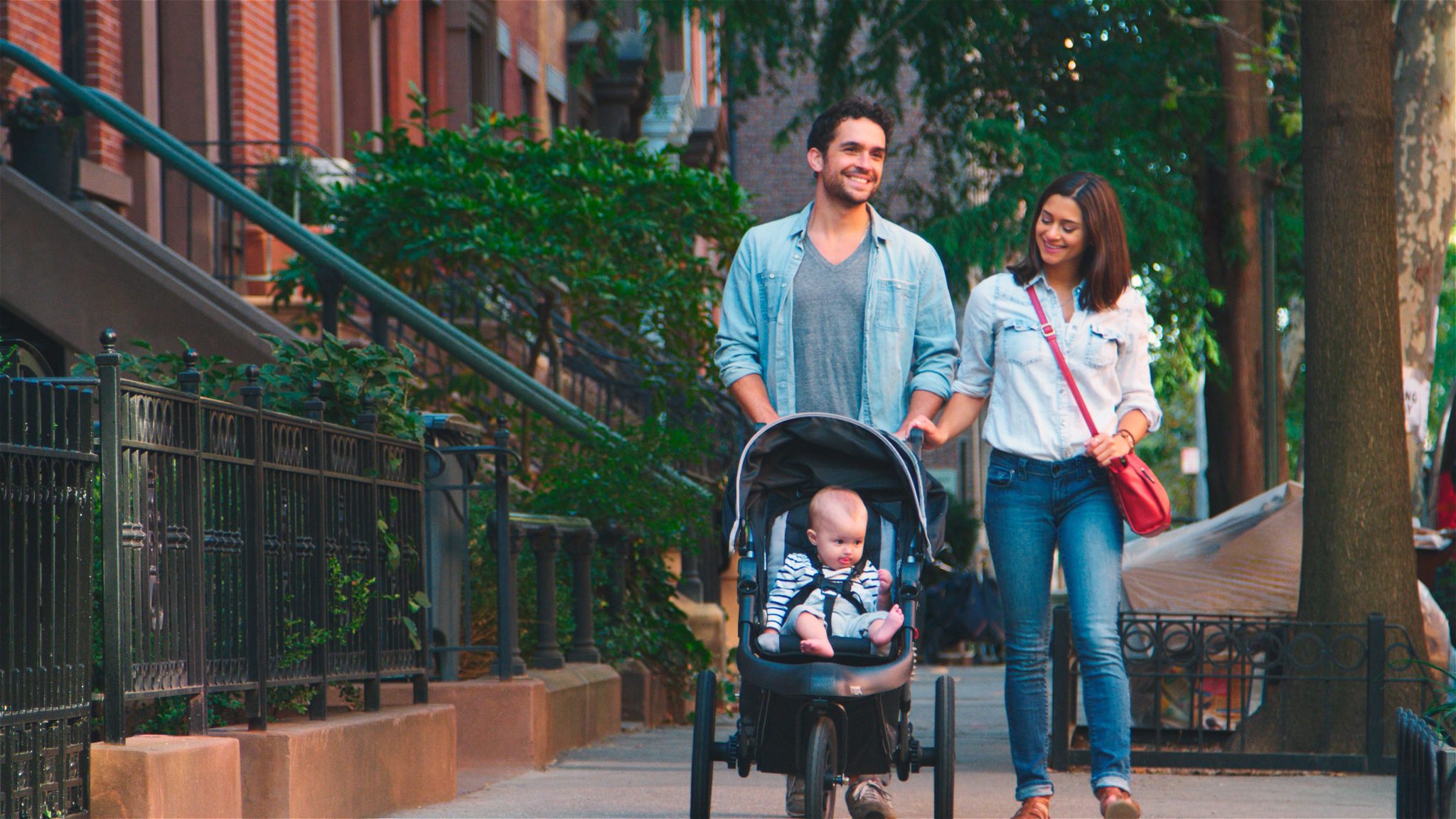If you’re raising a family in the city, especially with two kids (or considering baby #2), you’ve probably had the conversation. You know the one:
“Can we make it work here, or is it time to explore the suburbs?”
It’s not an easy decision, and it comes loaded with questions about space, lifestyle, schools, commuting, and—most importantly—where you’ll feel happiest raising your family. Cities have undeniable perks—cultural attractions, walkability, and vibrant energy—but for growing families, the suburbs have their powerful appeal.
So how do you decide? Here’s how to weigh your options before committing to city life or taking the plunge into suburban living.
Why Families Start Questioning City Life
Let’s be honest: cities aren’t exactly known for their spacious living. That one-bedroom apartment you adored pre-kids might now feel like an endless game of Tetris. And if you’re about to add another child to the mix, things can get downright claustrophobic. Suddenly, you’re asking yourself:
- Where do we put the crib?
- Can we turn the walk-in closet into a bedroom?
- Is bunk-bed life sustainable for the next 10 years?
But it’s not just about space. As your family grows, so do your needs. Schools, outdoor access, safety, and overall convenience weigh more heavily. And then there’s the draw of the suburbs: extra bedrooms, backyards, garages (finally a place for all those strollers!), and a slower, quieter pace of life.
The Space Equation
Space—or the lack of it—is often the tipping point for families considering the suburbs. Yes, cities offer incredible parks, cultural events, and endless activities. But those benefits can only do so much to offset the challenges of small living quarters.
In the suburbs, space abounds. Think of multiple bedrooms, a dining room, and maybe even a playroom (no more stepping on LEGOs in the living room!). Add in the potential for a backyard, a driveway, and extra storage, and the suburban life looks downright dreamy.
That said, more space comes with its considerations. Suburbs mean more upkeep (hello, lawn mowing and snow shoveling) and, often, higher costs like property taxes. It’s also worth considering how much space you need. Do you want to go all-in on a sprawling home, or would a cozier house meet your needs without adding extra work?
The School Factor
City parents are no strangers to navigating complicated school systems—it’s almost a rite of passage. Between district zones, lotteries, private schools, and waitlists, figuring out where your kids will thrive can be a daunting task.
In the suburbs, schooling often feels more straightforward. Many towns boast top-rated public schools with smaller classes and extensive extracurricular options. But just like in the city, not all schools are created equal.
When weighing schools, ask yourself:
- Do you want a town with one centralized school system or a district with multiple options?
- How important are sports, arts, or STEM programs?
- Would you prefer a smaller community feel or a larger district with more diversity and opportunities?
Suburbs also tend to offer more private school options if that’s your preference. The key is identifying what type of learning environment aligns with your values and your child’s needs.
The Lifestyle Shift
City life has undeniable perks: walkable neighborhoods, vibrant nightlife, and unparalleled cultural opportunities. But suburban living offers something different—and for many families, something better suited to their day-to-day lives.
Walkability
While cities are the ultimate in walkability, suburbs can vary widely. Do you want to stroll out your front door and walk to a coffee shop or park, or are you OK with driving a few minutes to get to the action?
Community
Suburban life often brings a sense of connection that’s harder to find in the city. Block parties, neighborhood events, and strong school communities can make suburban living feel special.
Convenience
Sure, there’s no corner bodega, but many suburbs have incredible farmers markets, boutique shops, and delivery services that rival those of cities.
The question is, what kind of lifestyle do you want for your family? Do you see yourself hosting backyard barbecues and taking leisurely bike rides, or do you prefer the pulse of city living?
The Commute Conundrum
The commute is often one of the biggest factors in the city-versus-suburbs debate.
For many families, quickly hopping on a subway or bus and getting anywhere in the city is a massive advantage. In the suburbs, commuting is a different beast. While you might swap the subway for a seat on a commuter train or a drive into the city, you’ll need to factor in time spent getting to and from the station or navigating traffic.
When considering the commute, think about the following:
Work flexibility
Are you in the office daily or only a few days a week? A longer commute might feel manageable if it’s not daily.
Commute options
Some suburbs offer express trains or easy access to highways, while others require transfers or longer drives.
Parking
Can you easily park near your train station or downtown, or will you need additional transportation?
Cost of Living
It’s easy to assume the suburbs are cheaper than city living—but that’s not always true. While you’re likely to get more square footage for your money, property taxes, maintenance, and commuting costs can add up quickly.
That said, suburban life often includes fewer everyday expenses. You might spend less on dining out, entertainment, and childcare, offsetting the higher housing and transportation costs. Plus, cooking more meals at home or hosting gatherings in your backyard can save money over time.
Take a close look at your budget and consider how suburban living fits your financial goals.
City or Suburb? It’s About What Feels Right
This decision concerns more than space, schools, or commuting times—what feels right for your family. For some, the energy, diversity, and opportunities of city living are irreplaceable. The suburbs offer the perfect mix of space, community, and balance for others.
The good news? You don’t have to figure it out on your own. At Suburban Jungle, we specialize in helping families navigate this exact decision. We’ll work with you to explore towns, weigh your priorities, and understand what matters most to you—whether that’s proximity to the city, access to great schools, or finding a community where you can put down roots.
If you’re starting to dream of more space, a backyard, or a slower pace of life, let’s talk. Moving to the suburbs isn’t just about finding a house—it’s about finding your next chapter.
For more insights, visit SJ’s blog page on our website.
Schedule a free initial strategy call today, and let’s start exploring what life could look like—whether you stay in the city or make the leap to the suburbs.

